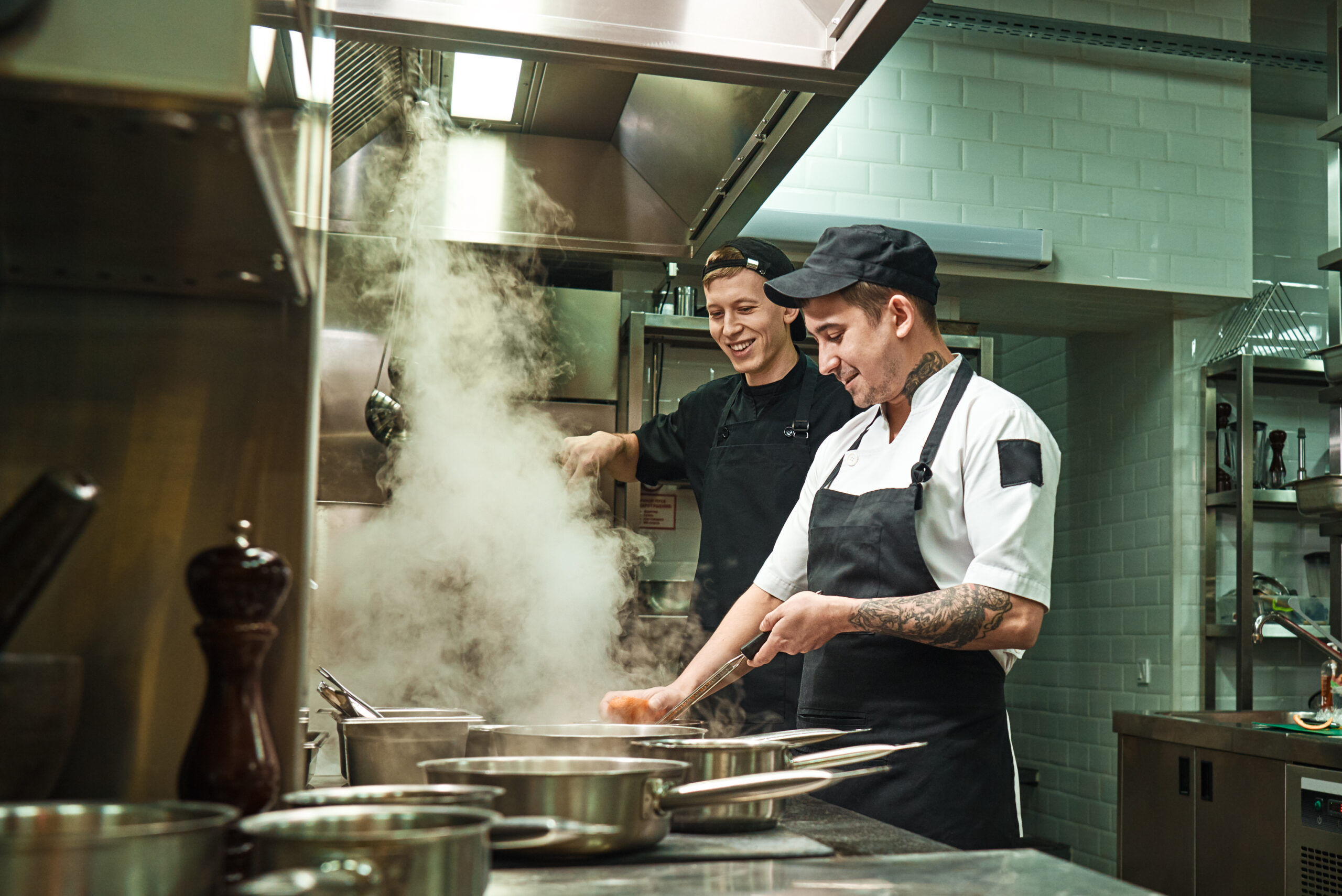June 17, 2025
How to Streamline Restaurant Operations Without Burning Out Your Team
By : The MAJC Team
- May 27, 2025

Here’s how top restaurant leaders simplify systems, boost performance, and protect their team’s well-being.
Between inventory, schedules, service, and spreadsheets, even the best teams get stuck in the weeds. And when your systems don’t support your staff, that’s when burnout sets in. But it doesn’t have to be that way.
The most successful operators aren’t doing more—they’re doing better. They’ve built systems that remove friction, structured teams with clarity, and created cultures that support people for the long haul. Here’s how to follow their lead, with insights from over 40 Restaurant Ready podcast conversations.
People: Design Roles That Work (and Last)
Strong operations start with smart role design. And that means thinking beyond just hours or headcount.
Chef André Natera reframes burnout as an issue of fit, not just volume: “I’ve worked 90-hour weeks and loved it. But in kitchens where I didn’t like the team or the chef? I was done after ten.” When people don’t feel connected to the work or the environment, even a short shift can feel like too much.
The antidote? Clarity.
Ron McKinlay encourages teams to treat mise en place as more than prep—it’s a mental model for workflow. “Each task should have a reason. If there’s no crossover, it’s just added stress—and cooks feel that,” he told us. Thoughtful systems, he added, are what create a healthy culture.
At her growing restaurant group, Karen Akunowicz brought in an HR partner to audit and overhaul her onboarding, benefits, and training systems. “We’re updating everything to be clear, consistent, and scalable,” she said. “So we can walk into a blank space and open another restaurant with confidence.”
Recognizing the early signs of burnout—low motivation, sudden absences, health issues—can also help you lead more effectively. Instead of seeing them as “problem employees,” start by asking what support might be missing.
Systems: Create Processes That Scale
Chef Kenny Gilbert knows that documentation is power. At his restaurants, he uses SafetyCulture to log SOPs with video and run mobile audits. “Every cook starts the day with clear expectations—and proof of their work,” he said. “The chef inspects what I expect.”
Will Gilson has made information access a non-issue by mounting iPads in every kitchen. His team can find everything they need—from recipes to schedules—in one place. “There’s no out-of-date info anymore,” he said. “Everyone knows where to look.”
For multi-unit operators, visibility across locations matters. Gerard Craft’s team shares labor data and shift notes between front and back of house. “Every restaurant gets a report every morning,” he explained. “That’s how we keep people connected—especially when they feel like they’re on an island.”
POS systems, when used to their full potential, are one of the most underleveraged assets in restaurant operations. When integrated with reservation tools, delivery platforms, and inventory tracking, they create one unified command center—reducing the paper shuffle and speeding up decision-making.
Whether it’s a kitchen display system that reduces ticket errors or digital checklists for daily tasks, the right tech doesn’t replace people—it supports them. As one operator put it: “Don’t automate just to look modern. Do it to stay sane.”
Culture: Lead the Kind of Team You Want to Work On
Andrew Zimmern put it plainly: “If we want better retention, we have to stop burning people out. The solution is culture—one that values rest, family, and growth.” That means building systems that give people something to stay for—not just survive in.
At Southern Smoke, Chris Shepherd wove feedback into every layer of leadership. “Ask how it’s going. Listen. Then improve,” he said. Culture, in his view, isn’t set once—it’s recalibrated regularly.
Will Gilson also emphasized transparency. He built dashboards his team can see every day, showing labor benchmarks, sales, and progress toward goals. “It keeps the team aligned—and lets them feel like they’re part of the strategy,” he shared.
Protecting downtime is a leadership move, not a luxury. That means hard-scheduling breaks, closing after busy seasons, and checking in on recovery—not just productivity. It’s not about being soft. It’s about building a team that lasts.
Bottom Line: Streamlined Doesn’t Mean Soulless
Strong operations aren’t about running perfectly. They’re about running clearly. When roles are designed for people, when systems actually work, and when culture reinforces balance and care, your business runs better. And your people stay longer.
As Ben Shewry reminded us: “Fixing culture doesn’t cost money—it costs effort. And it’s on the leader to model the behavior they want to see.”
Start with what’s in front of you. Simplify one system. Clarify one expectation. Have one better conversation. And build from there.
Tired of putting out fires? Join MAJC’s community of restaurant leaders and start building smarter systems—together.
At MAJC, AI helps us organize thoughts and speed up workflows—but every article is shaped, refined, and approved by real people who live and breathe this industry. We think honesty (like hospitality) works best when it’s real.



